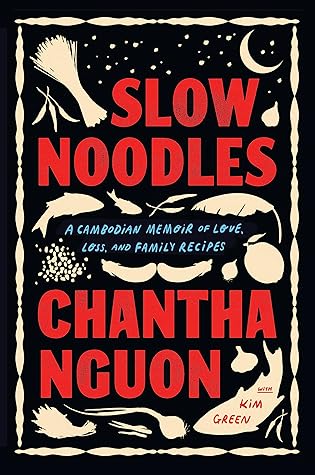More on this book
Community
Kindle Notes & Highlights
Read between
October 22 - November 3, 2024
They can see, from my example, how my mother’s “Slow Noodles” philosophy in the kitchen has become a philosophy for life: from her, I learned that the best dishes require extra time and patience to prepare.
And I see now that rebuilding a traumatized society after genocide takes many generations of investment—there are no quick fixes. That’s what Slow Noodles means to me.
Our head of state, Prince Norodom Sihanouk, had long struggled to maintain Cambodia’s neutrality, stuck between great powers fighting a Cold War that, in Vietnam and Laos, now burned very hot indeed. Prince Sihanouk’s attempts to placate all sides satisfied none of them. And in March of 1970, he was ousted in a coup headed, in part, by his own prime minister, Lon Nol, a general and a politician—who claimed to be an anti-communist and promised to eject the North Vietnamese from Cambodian soil. This vow, though impossible to fulfill, switched on a flood of American aid. However, Lon Nol was also
...more
This highlight has been truncated due to consecutive passage length restrictions.
Between 1965 and 1973, the US dropped more than 2 million tons of bombs on Cambodia. Nixon’s secret 1969–70 bombing campaign in the border zones was called Operation Menu, which included missions nicknamed Breakfast, Lunch, Dinner, Dessert, and Snack.
But I had to admit: Here I was, turning to my mother’s kitchen lessons to keep us afloat.
I’ve often wondered why, in a poor country where women must work as hard as men just to feed their children, feminine “softness” is so highly prized. I no longer consider it a valuable attribute.
As I said before, in Southeast Asia, rice is what you eat when you have nothing and when you have everything.
My mother taught me that when you feel powerless, you can always find at least one thing to do, however small it may be.


